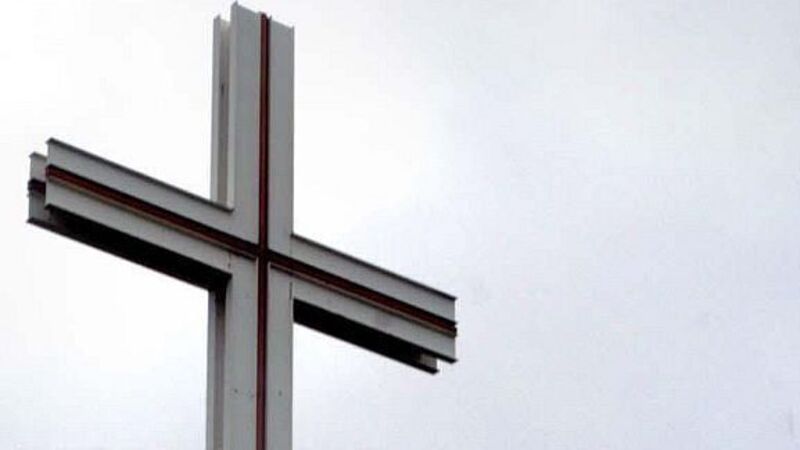A virulent sexism at the heart of society and sport

WHILE the National Athletic and Cycling Association of Ireland still had recognised jurisdiction over all athletics and cycling throughout the island, it sparked an unholy row by deciding at its annual congress on February 4, 1934 to facilitate women’s athletics. The NACA resolved to hold a national athletic championship for women in five events — 100 yards, 220 yards, 440 yards, long jump, and 80 yards hurdles — and that at least one of those women’s events would be held at all open athletic meetings.
John Charles McQuaid, president of Blackrock College and future Archbishop of Dublin, sparked an unholy row with a letter to James J McGilton, national secretary of the NACA.
















